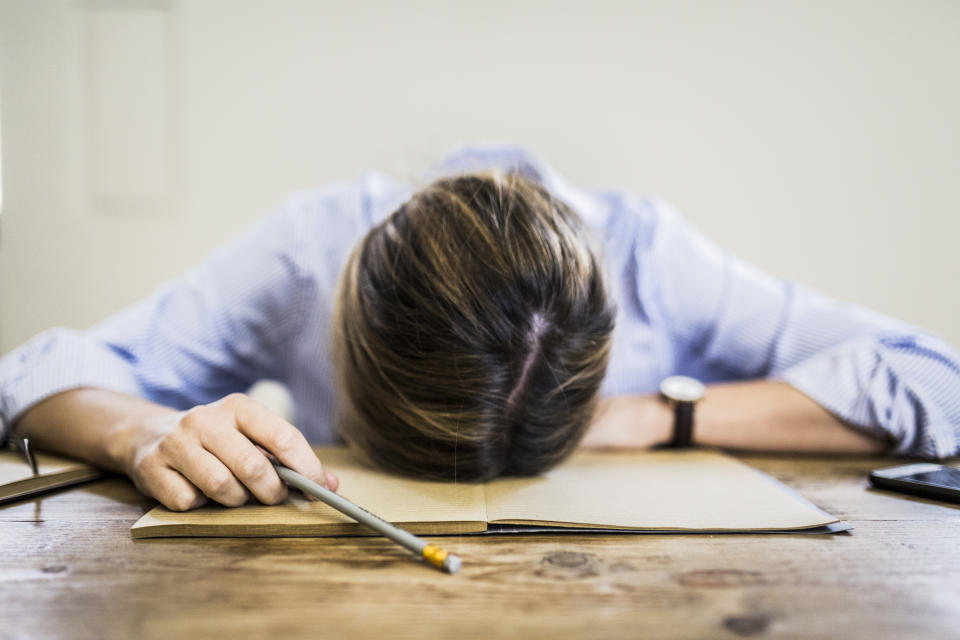How to reset your body clock after the holidays
It’s a sad time when you realise the holidays are about to be over – the festive eating, endless parties and family get togethers.
But the worst moment of the whole scenario is when that alarm clock goes off at 6am for your first day back at work.
Literally, hell…

For most of us, the cost of Christmas is realised in more than just scary credit card statements and potentially expanded waistlines. Just a few weeks of carefree partying, overseas holidays, impromptu visits, late nights or lazy sleep-ins also play havoc with the body’s carefully balanced internal clock.
And that means getting back into a healthy sleep pattern as you return to work can be a real challenge. Plenty of people even complain of jet-lag-like symptoms.
Luckily, just like with jet lag, there are things you can do. Cheryl Fingleson of The Sleep Coach offers us some great tips on how to get back on a regular sleep schedule after the holidays.
“It can take three to four days to set up a good sleep schedule,” Cheryl tells Yahoo Lifestyle.
“So I advise my clients to be patient and disciplined as they get ready to go back to work.”

Use natural cues
Firstly, its important to use nature’s built in cues. Use natural light in the morning to help you feel more awake. If its practical, outdoor exercise on a sunny morning is an optimum way to get the day started.
The same thing applies at night. Prospective sleepers should use the darkness to let the body know that it is time to start relaxing and winding down. Avoid artificial lights including computers and phones, and sleep in a dark, cool, quiet room.

Minimise caffeine
It can help to eliminate caffeine after mid-day or any time at night. Avoiding or reducing alcohol intake can also have very beneficial effects.
Have a regular wakeup time
For the first few nights after a holiday it may still be hard to go to sleep and wake up at the optimum times. Focus on setting a regular wakeup time. People who are tired from an early start will go to bed a little easier that night.
Avoid daytime naps
In the post-holiday adjustment period, taking naps may actually leave you more disoriented. People should do their best to stay awake until their normal bedtime.

Check your sleep environment
It’s also a good idea to pay attention to your sleep environment. A tidy bedroom is more conducive to relaxation, a bed that has been well-made will be more comfortable, and the lack of piles of laundry or clutter will release your mind from the anxiety of your looming to-do list.
Watch what you eat
Pay attention to healthy and regular meals. There are many great ways to encourage your body to relax and re-set. Healthy, regular meals are a great balancer.
Other relaxation tools can also include quiet baths, essential oils, massage and reading, especially rejuvenation involves a lot more than just sleep.

Avoid sleep medication
If clients are having more long-term problems, it’s best not to rely on medication like sleeping pills to return to regular sleep patterns, as there might be other factors in play.
If after a week or two of persistent effort you still haven’t reclaimed your healthy sleep cycles, you should consult a doctor.
By employing just a few of the above techniques, Cheryl says you will notice a big change in your sleep quality and should return to regular work patterns quite quickly.
Got a story tip? Send it to tips@oath.com
Want more lifestyle and celebrity news? Follow Yahoo Lifestyle on Facebook, Twitter and Instagram.
Or sign up to our daily newsletter here.

 Yahoo Lifestyle
Yahoo Lifestyle 


